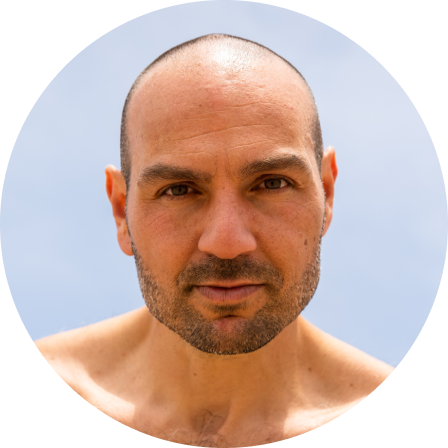Introduction to Hypertension
Over 60 million Americans have hypertension of some sort. The problem with this is half of them don’t even know it because hypertension has no symptoms. Only extreme hypertension has symptoms. This poses a problem with therapy because when patients are treated with medications, they typically feel worse cause of the side effects and think the medication is not worth it. Educating the patient is very important in this case so they understand the problem with not being compliant. The other half that know they have hypertension, only half of them actually seek medication because there are no symptoms. And from those people who do seek medication, only half are actually compliant with their medication.
Diagnosis
Diastolic rate of >90 and systolic >140. Today we’re saying patients who have a systolic pressure >130 to be prehypertensive and something will be done to help curtail that from getting worse (not necessarily medication).
# of readings: We are going to look for three separate readings on three separate days. If we consistently find a person consistently exceeds this reading then they have hypertension. We typically should go for 3 separate readings to get a good idea.
When the reading is done? The ideal time of day to get the true reading of the BP is first thing in the morning when they are at a low metabolic state (basal state).
Where? Where is the worst place to take a blood pressure? The doctors office. The reading usually goes up at least 5mmHg because of the anxiety to begin with. Not to mention the amount of waiting to get admitted in the office.
Age: What happens to a persons blood pressure as they get older? It goes up and that’s an important fact of nature. Why would nature allow this to happen in geriatric patients? If you didn’t increase their BP, their organs would not work at full capacity because they have poor perfusion. By increasing BP we’re increasing perfusion so the organs will work properly. For an 85-year old person that has a BP of 140/90, will they be considered hypertensive? No. For a younger person with 140/90, will there be consequences to that person? Not immediately and not even years down the line, but 5-10 years down, there will be consequences.
Etiology
Essential (Primary) hypertension is the type most individuals have. It means we don’t have any idea of what’s causing the high blood pressure.
Secondary hypertension means we do have an idea of what’s causing the hypertension and we’re going to try to treat the underlying cause. The reasons could be things like high renin, Cushing’s disease, drugs, etc.
Long Term Consequences
A person with elevated blood pressure has no consequences today, tomorrow or even next year. The consequences may appear 5 or 10 years down the road or maybe even further than that.
If left untreated, they will develop…
- Renal disease. One of the main causes of kidney disease is hypertension.
- Cardiac failure: A leading cause of cardiac failure is hypertension.
- Vascular disease
Therapy
We would like to treat a person non-pharmacologically, but rarely does that work alone, but we try anyway.
- Diet: If they are overweight, they need to decrease weight. They must also decrease sodium intake, alcohol and fat intake.
- Decrease smoking.
- Exercise: If they are sedentary, they must increase exercise. Even walking for several times a week for half an hour makes a difference.
- Relaxation techniques. Easier said than done, but not impossible.
Short term vs Long term benefits
There are no short term benefits, but what are the long term benefits? Studies show something happens if we lower that diastolic/systolic pressure.
We just know that these drugs lower BP, but what u don’t know about these studies, is that which drug is the best one for you 5, 10, 15 years from now. Which one lowers the chances of kidney disease or cardiac failure over the long term? We don’t know and the pharmaceutical companies don’t want to give that answer because the competitors drug may be better.
The only group that will give you an answer is the insurance industry, they would love to give that information out because kidney transplants 15 years from now cost them more money than treating for the disease now. But the insurance companies are also, not putting a lot of money out into studies because they don’t know if they’re going to exist, or what’s going to exist.
Causes of therapeutic failure
1. Compliance. They don’t comply because they feel better without the therapy, but they are actually worse off not taking care of themselves.
2. Insufficient dose. We always start with a low dose and then check back after 4 weeks to see if we need to increase the dose but they don’t usually go back so they keep taking the wrong dosage amount!
3. Compliant with drug therapy but not their prescribed diet/exercise therapy.
4. Drug interactions can affect the blood pressure.
5. Acquired resistance.






